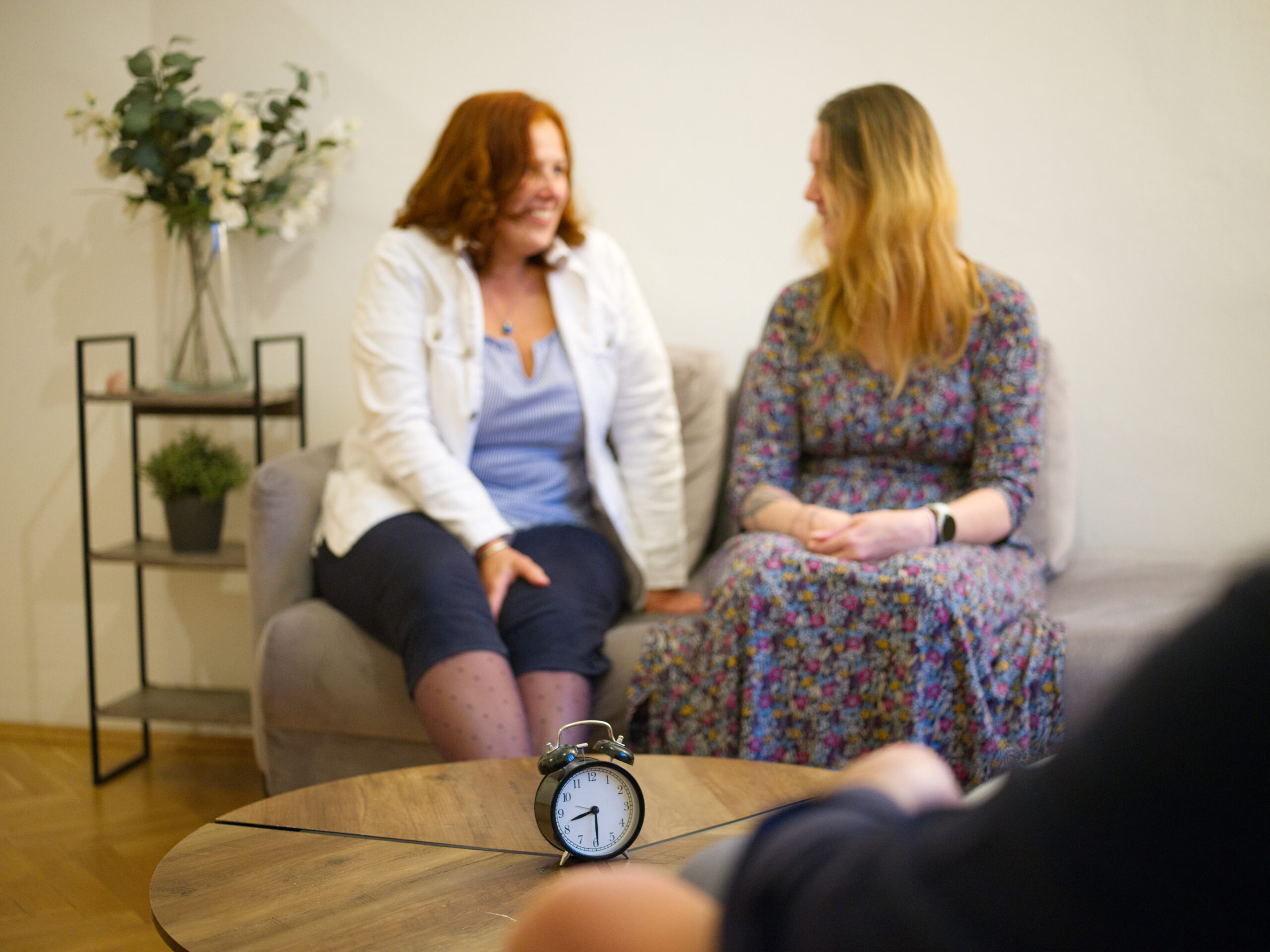Certain negative thought patterns play a key role in the onset of depression, anxiety or nervousness, which often burden our psyche and cause us very unpleasant mental states. These thoughts are characteristically accelerated, obsessive, often repetitive and impossible to interrupt or completely forbid. We call these self-destructive thought chains automatic negative thoughts.
Relaxation therapy

What are the contents of such ideas?
Most often it is exaggerated self-criticism, questioning of one's own abilities, internal dialogues with persons we are unable to defend ourselves directly, various intrusive fears and sometimes catastrophic scenarios for the future.
Automatic negative thoughts seem to break free from the chain, making us sad and causing stress. Often we are aware of their irrationality and yet we cannot stop them. While psychotherapy addresses and treats the causes of negative thought patterns, relaxation strategies focus more on working with our attention and body. Relaxation strategies can include various breathing and muscle exercises, mindfulness and more.

Mindfulness is a method that gradually enables us to triumph over negative thought contents. During this therapy we learn to work with our body and psyche. It is mainly an intensive work with attention or rather with its controlling component, which we call mindfulness. Mindfulness is a cognitive ability that we can train to effectively stop hurtful chains of thought before they cause us negative emotions.
Do you need advice on what service to book or have further questions about your first meeting? We will be happy to contact you by phone.
To order you can use our online booking calendar nebo využijte naši online chatovací službu v pravém dolním rohu.